Our Location
304 North Cardinal St.
Dorchester Center, MA 02124
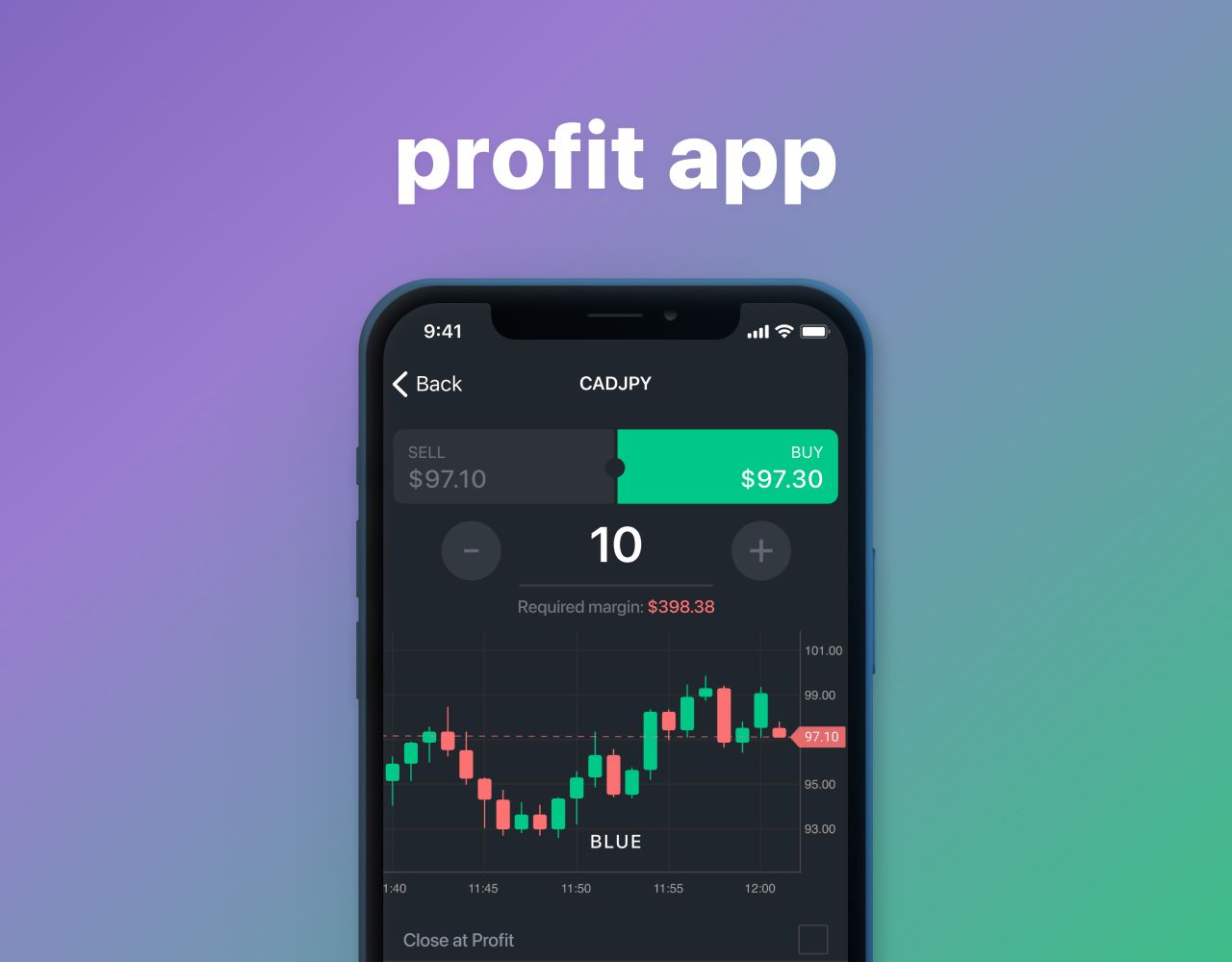
Trading never was a simple thing to learn and perform. Nowadays, to stand out in an oversaturated market, a trading mobile application should help newbie investors learn how to trade successfully. And, more importantly, how to make the right decisions using common market instruments that will lead to portable trades.
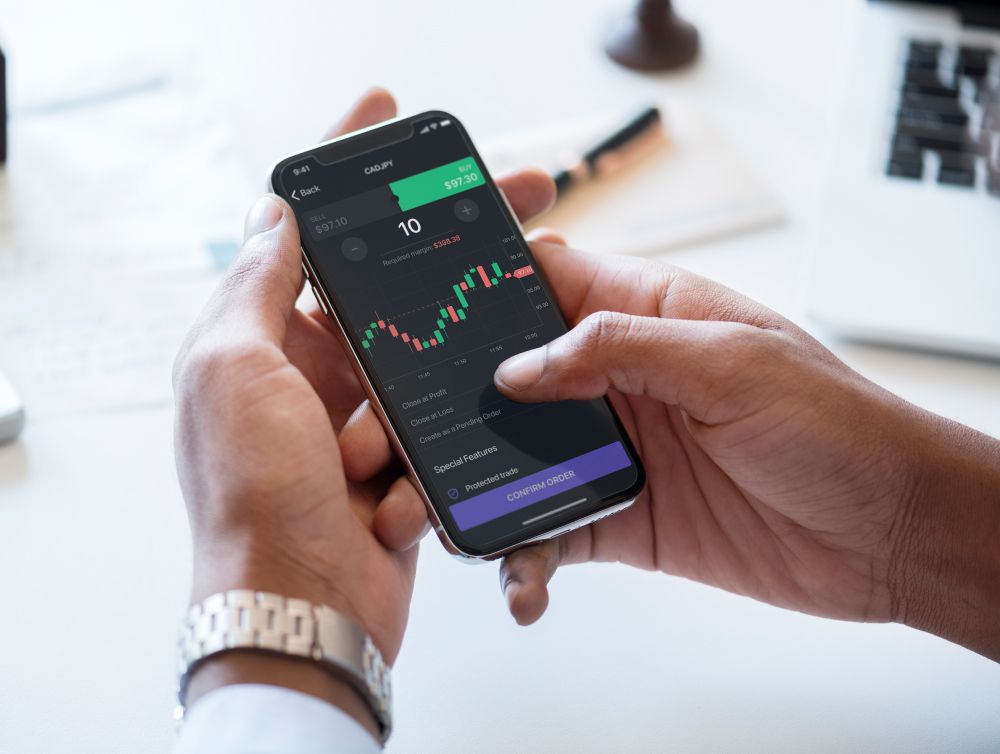
One of the main challenges was increasing the user activation rate and application usage time. And at the first phase, we had to define the essential elements of a valuable trading platform that would be built with the most current trading technology available.
Since the app already existed sometime in the store and had a certain number of active users, it was vital that we not destroy the old app but renovate the user interface and make it friendly to all modern mobile operating systems.
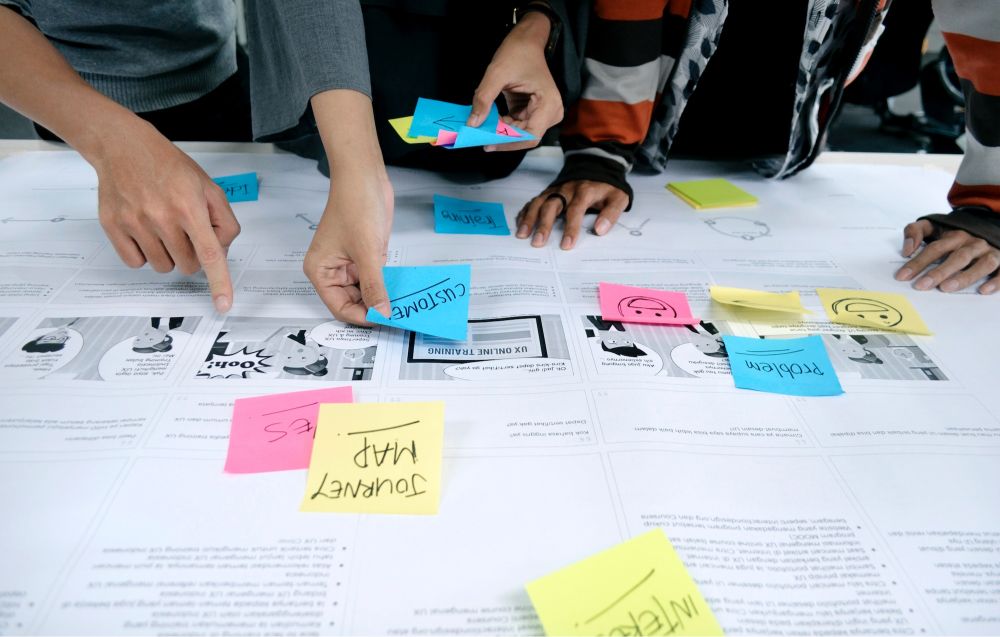
We conducted user interviews with the app’s most active users to find the problems’ roots. And we also made some live user tests with the existing mobile application with potential users to better understand the possible issues that may arise when someone uses the application for the first time.
Based on the list of key problems we rewied and re-anylyed UX of the old app. We also went through several ideas and focused on those that coudl improve UX mostly. Finally, we identified solutions that would work for main user scenarios.
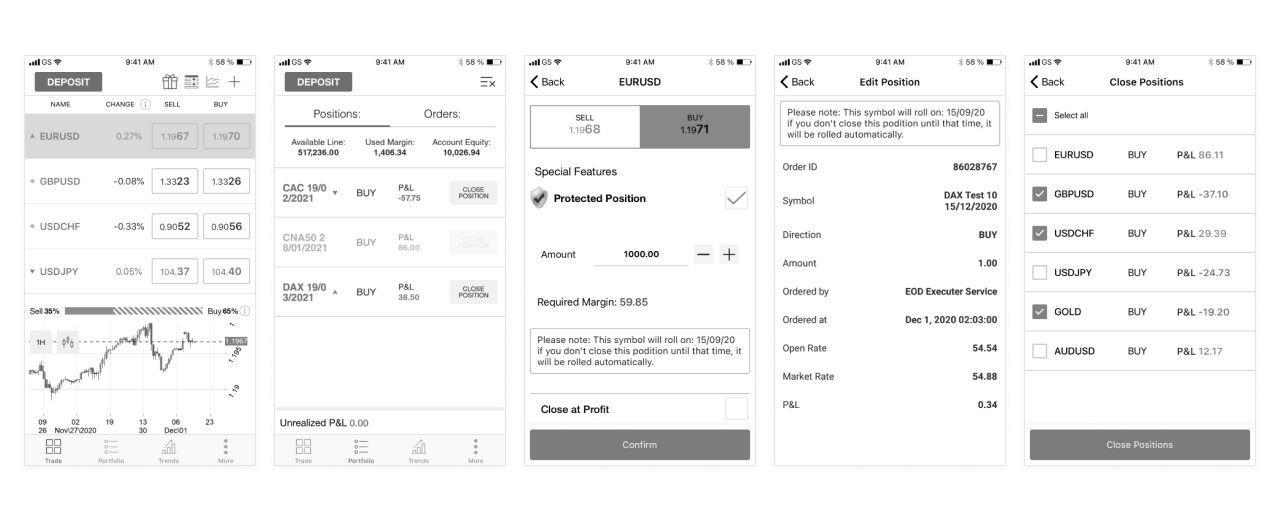
Based on the research and analysis insights, we created the first prototype that was extensively tested and iterated during the first month of the redesigning project. We added a few additional features that expanded the application’s capabilities and significantly improved the user experience.
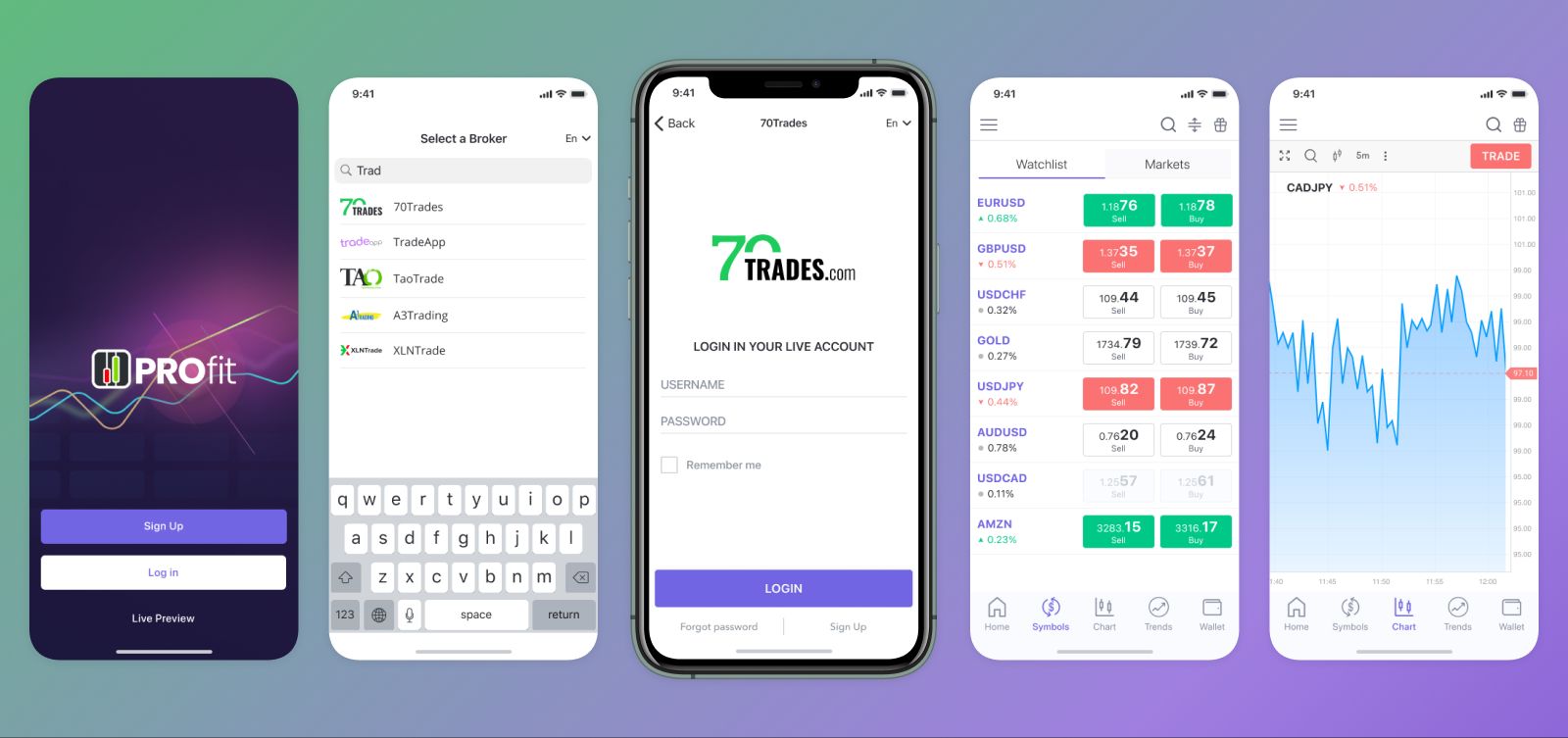
We also passed through a few iterations on the visual design and feel of the mobile application, where we worked on the order of UI elements and tested the options of the final visual layout.
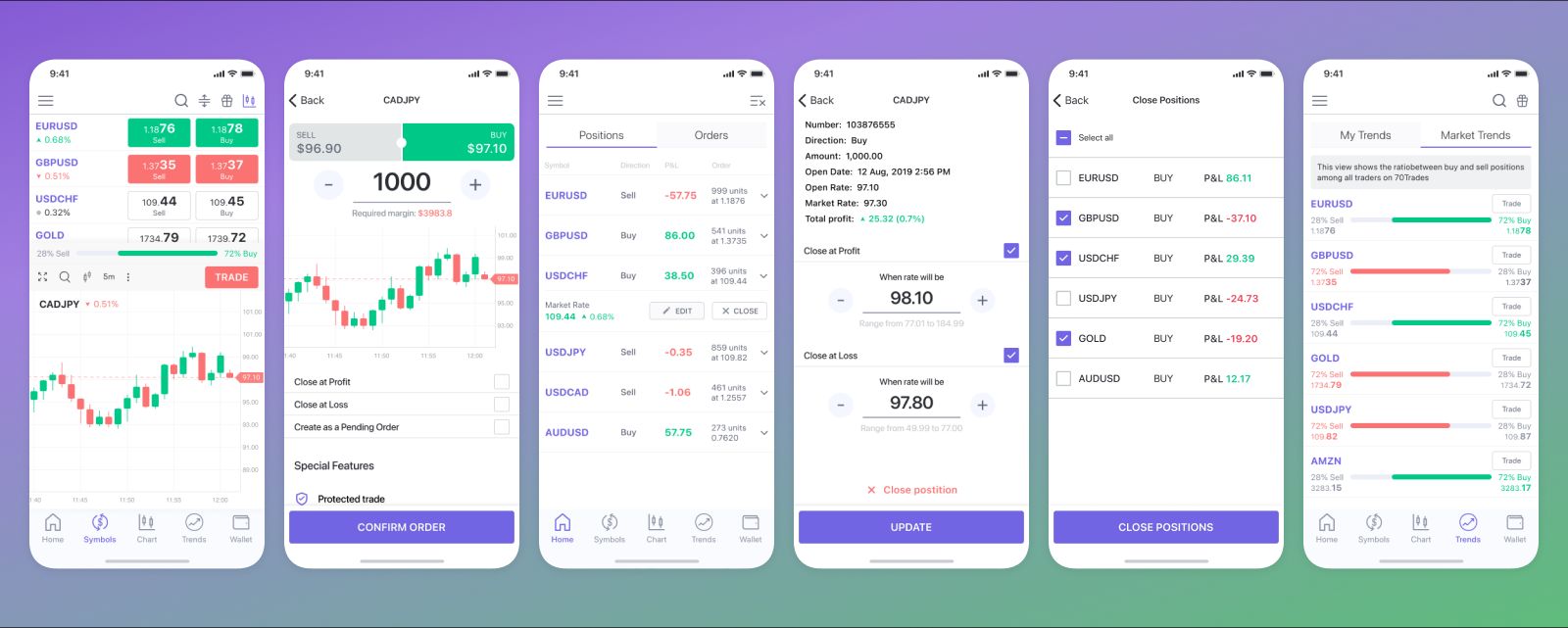
The main focus was on how our product communicates with users, so we wanted to be sure that we were using the suitable types of interactions that assist customers to use the app in a convenient way. We were able to see what would and wouldn’t work within our interfaces and how our ideas would match users’ expectations.
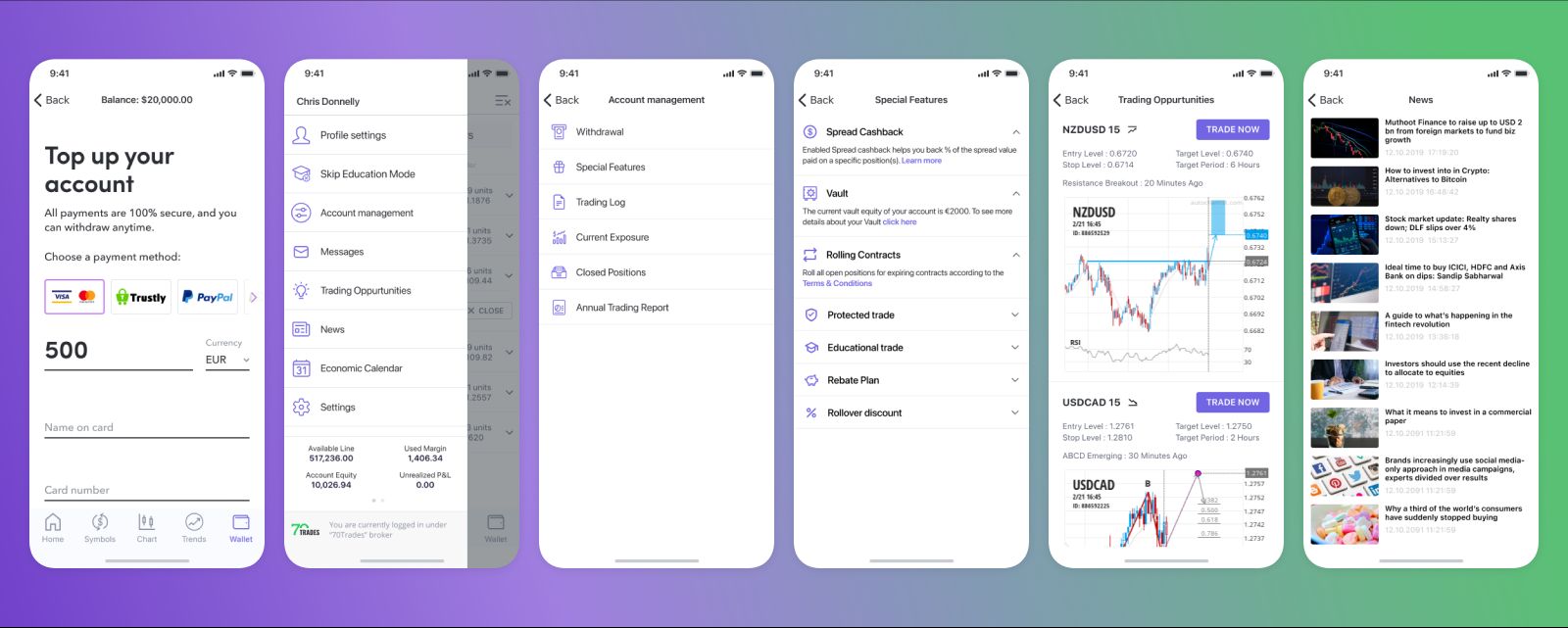
When the final design deliverables had been discussed together with all product owners and stakeholders, and after a few rounds of valuable feedback, we applied the final decisions to the UI design of the trading mobile application, and the build was realized to the market.
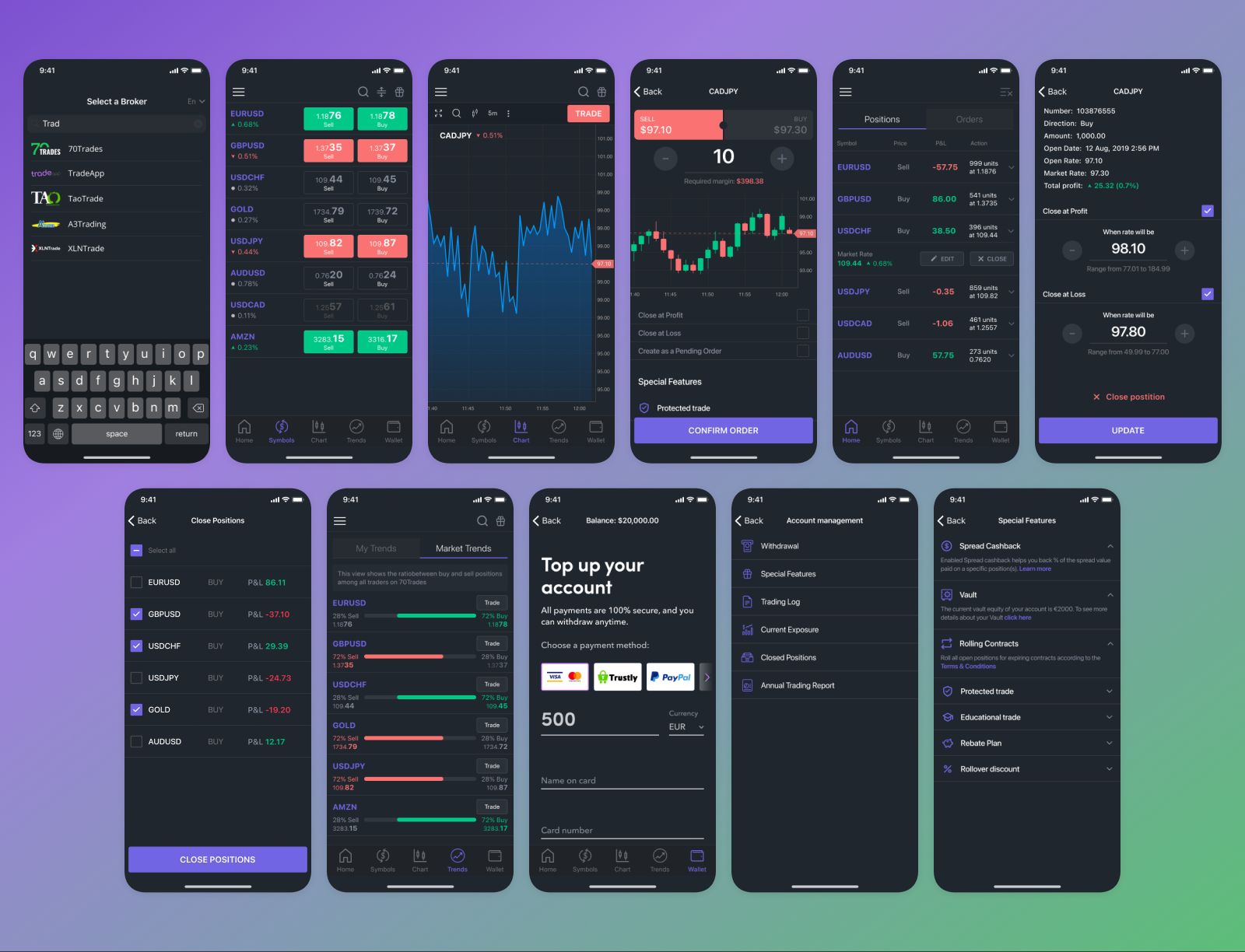
By the end of the project, the product team gained a lot of understandings vital for planning the future roadmap of their mobile application, and most of the priorities became vastly transparent. As they saw the force of user interviews and an iterative approach to design development, they committed to talking more to product users and potential customers during all future development interactions.